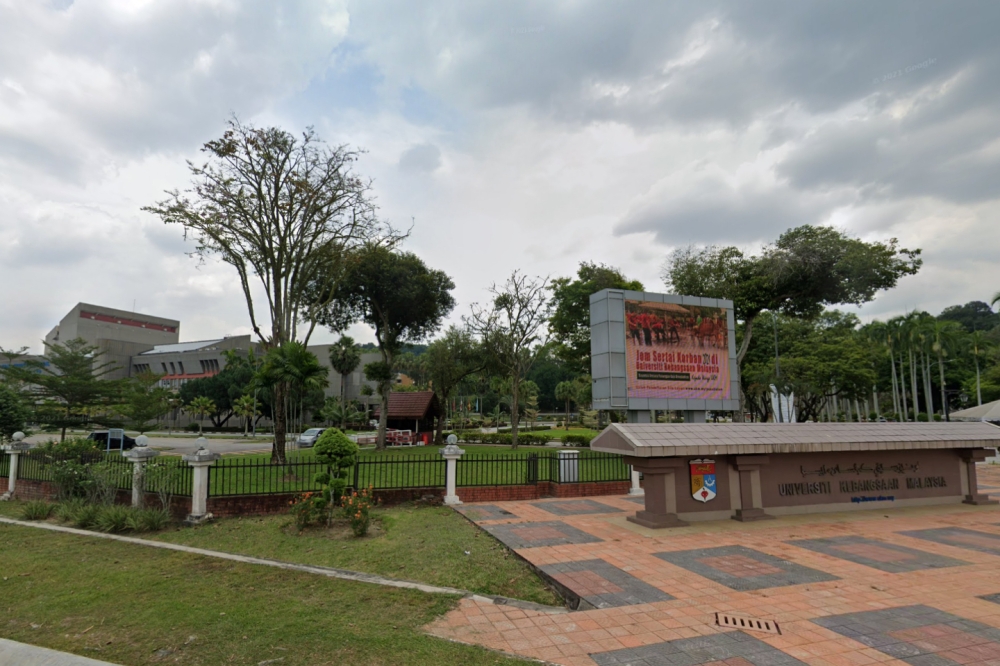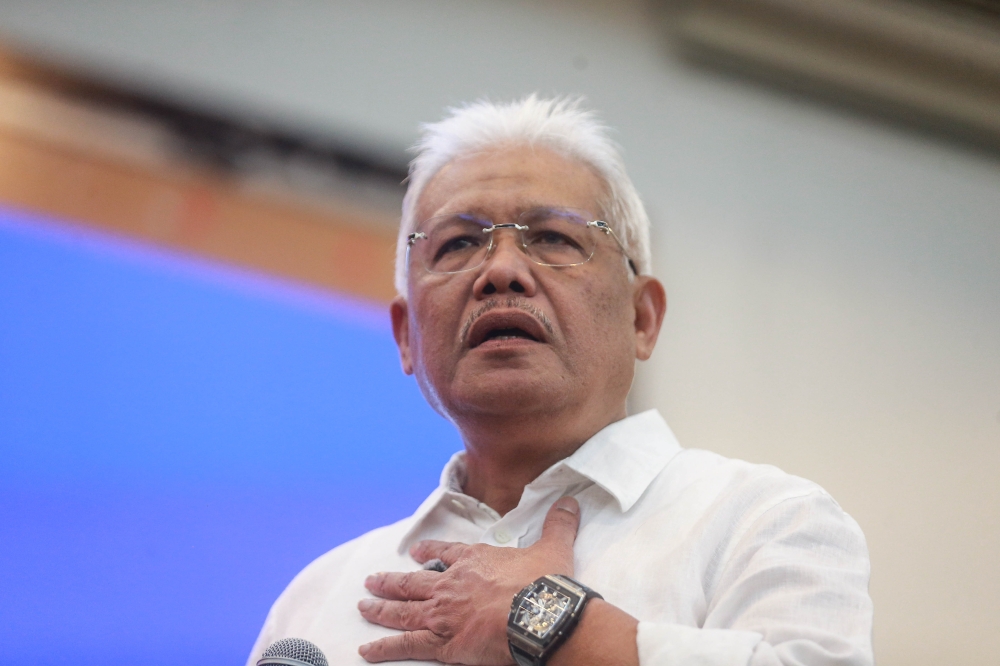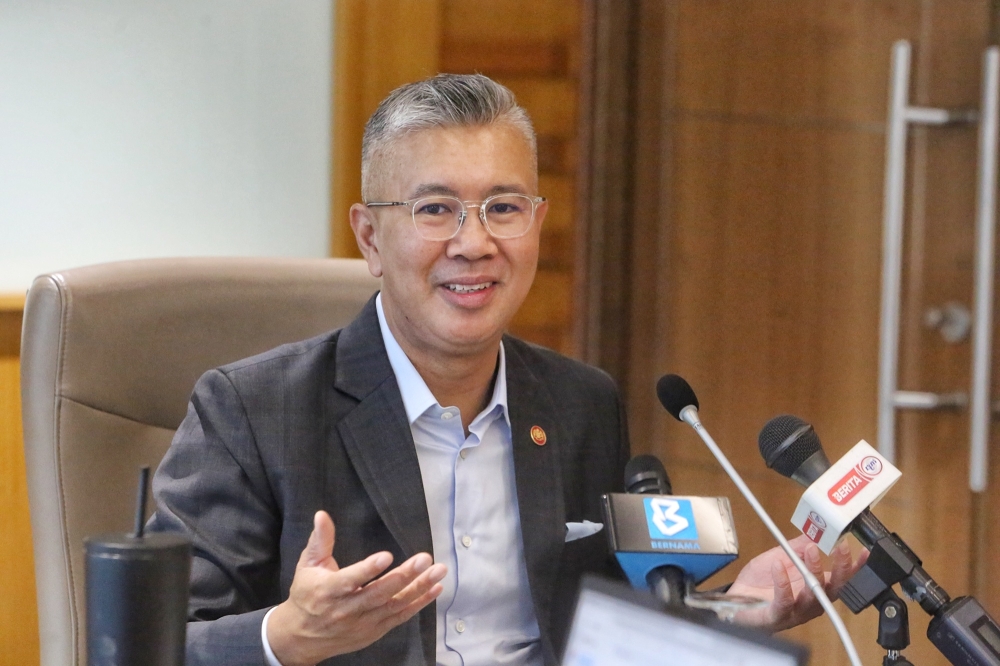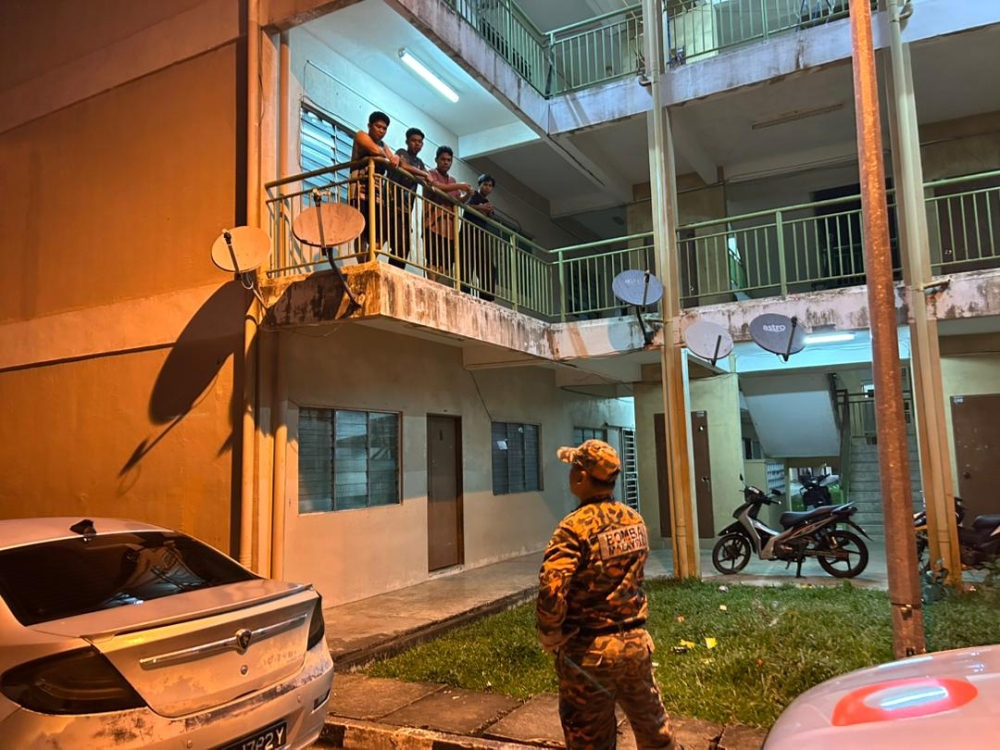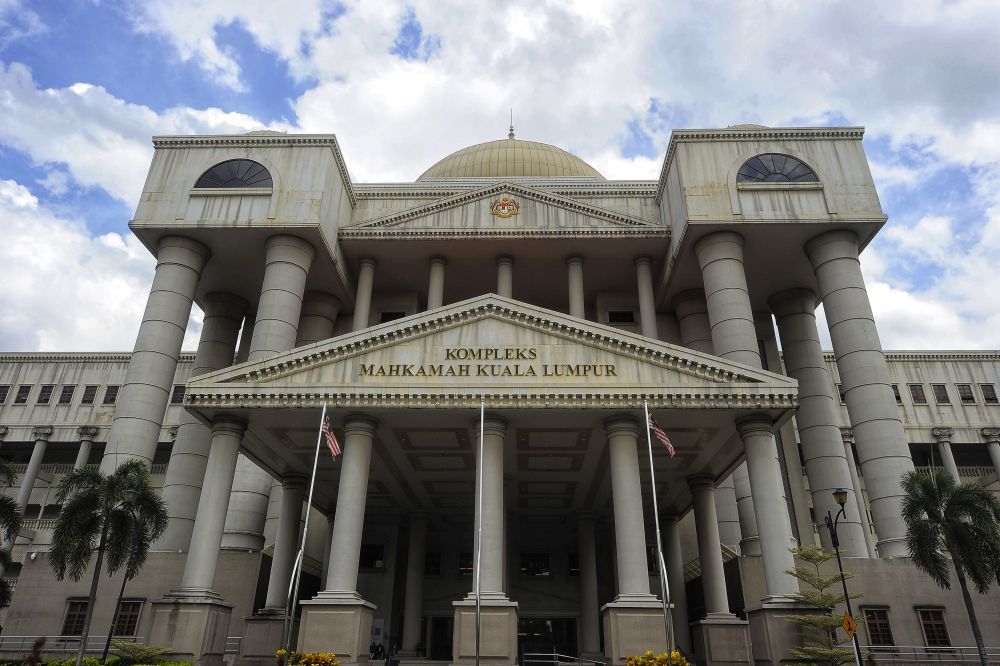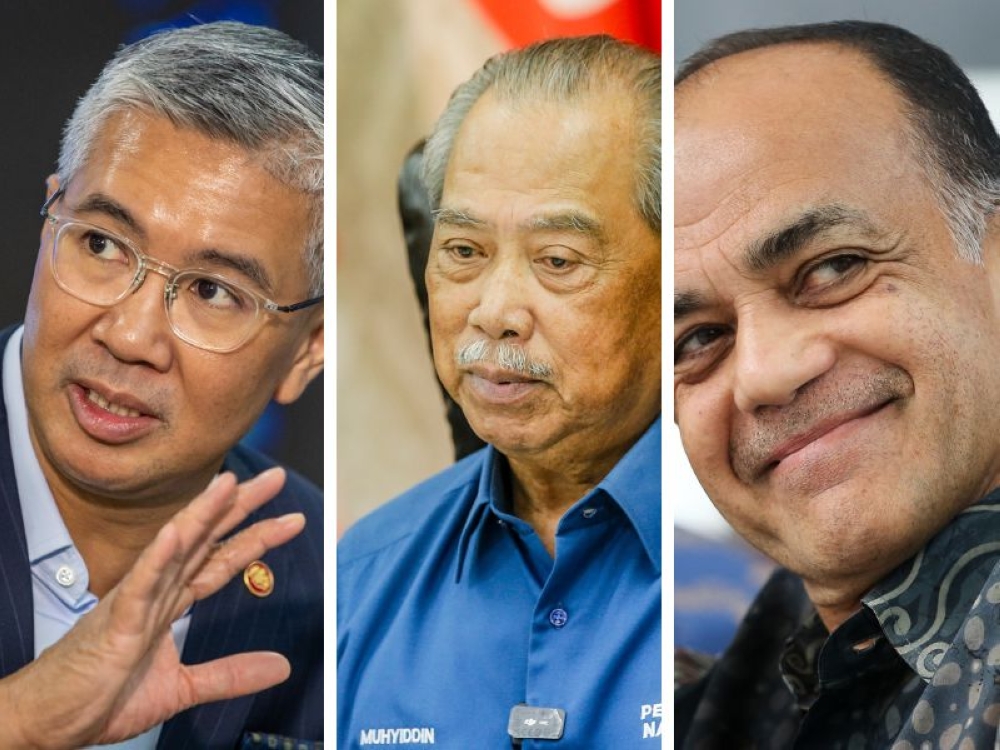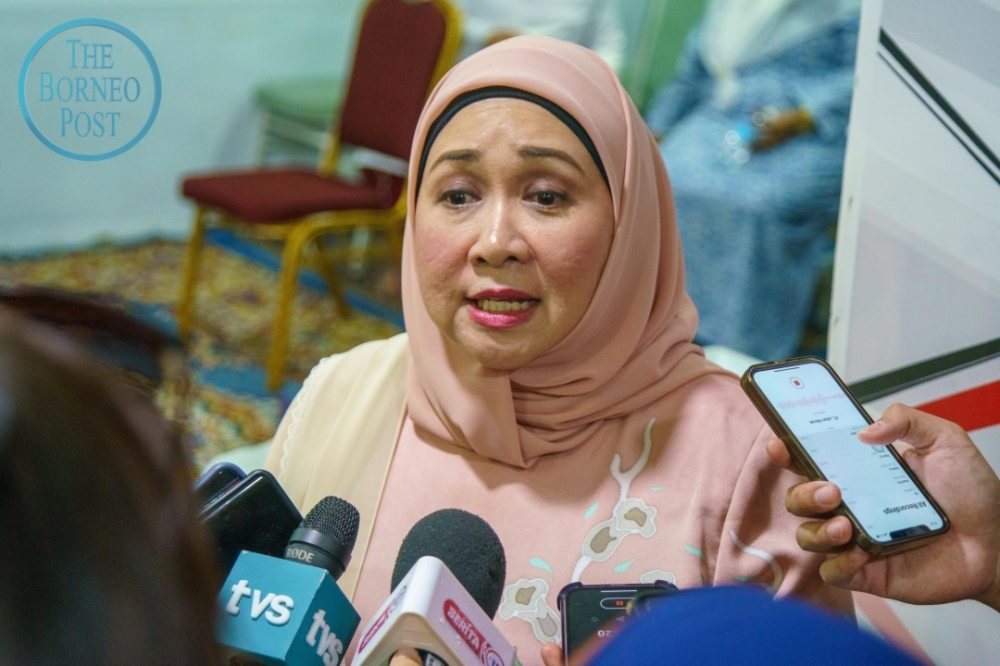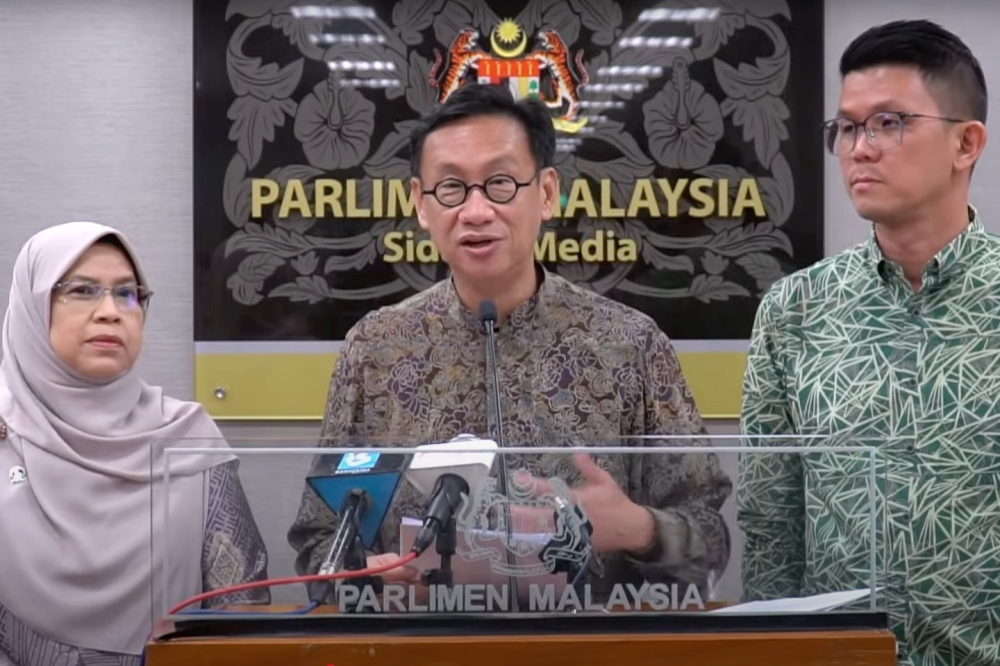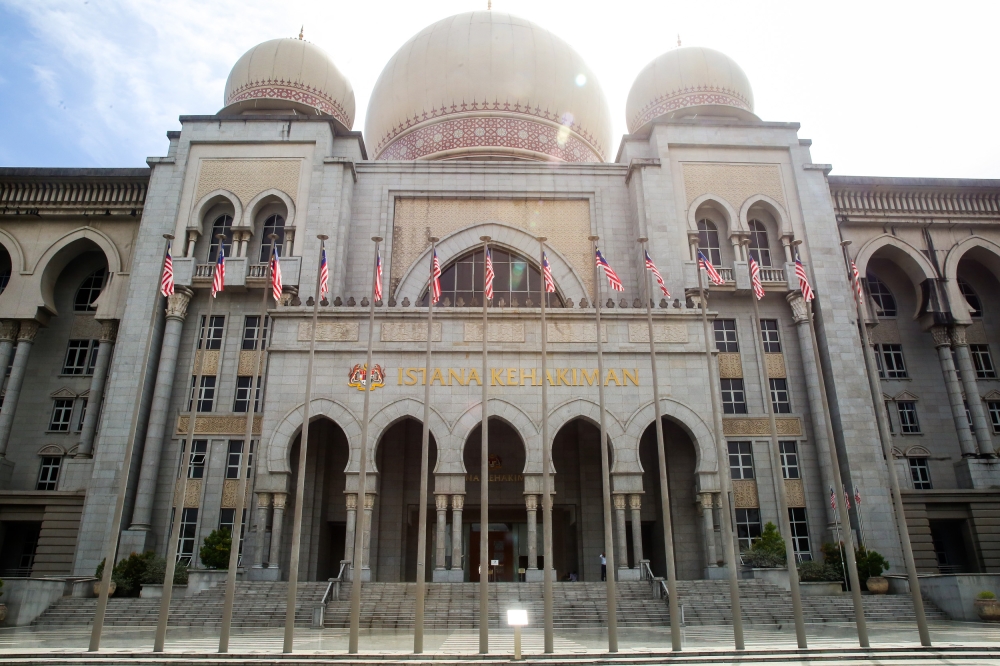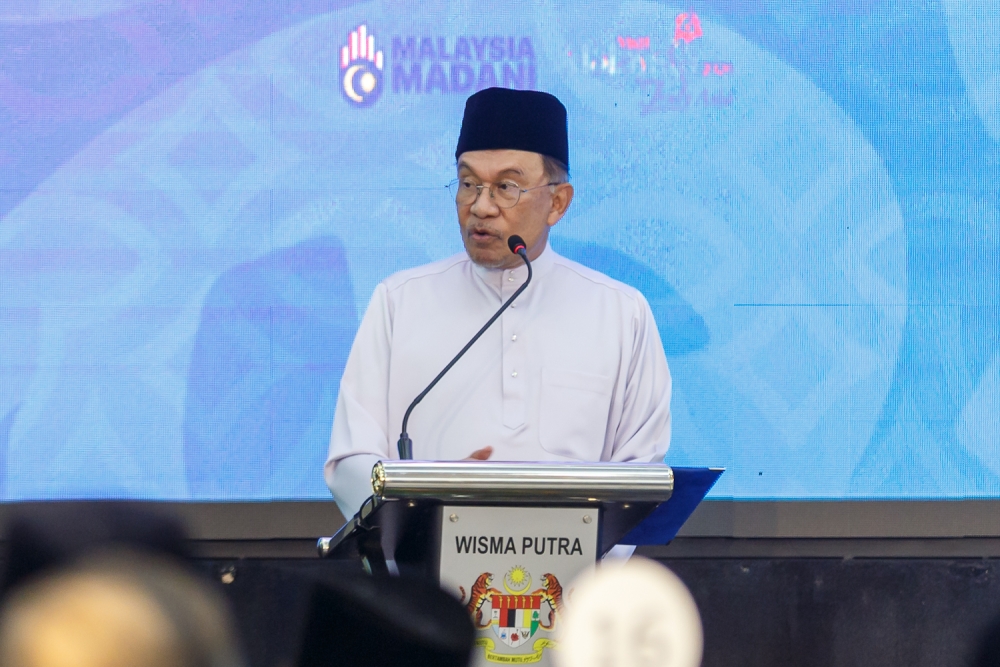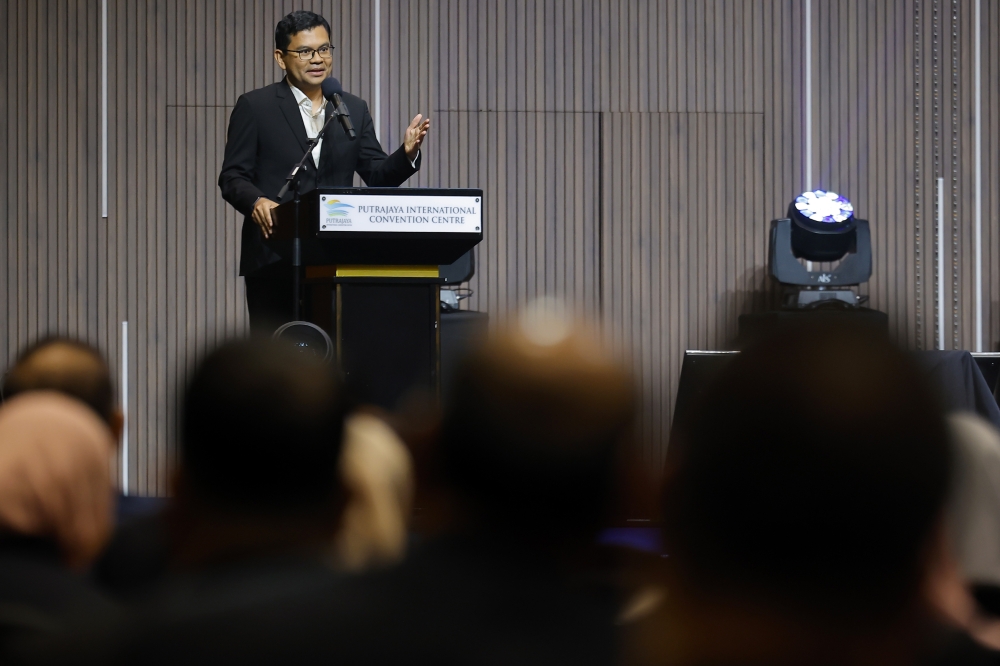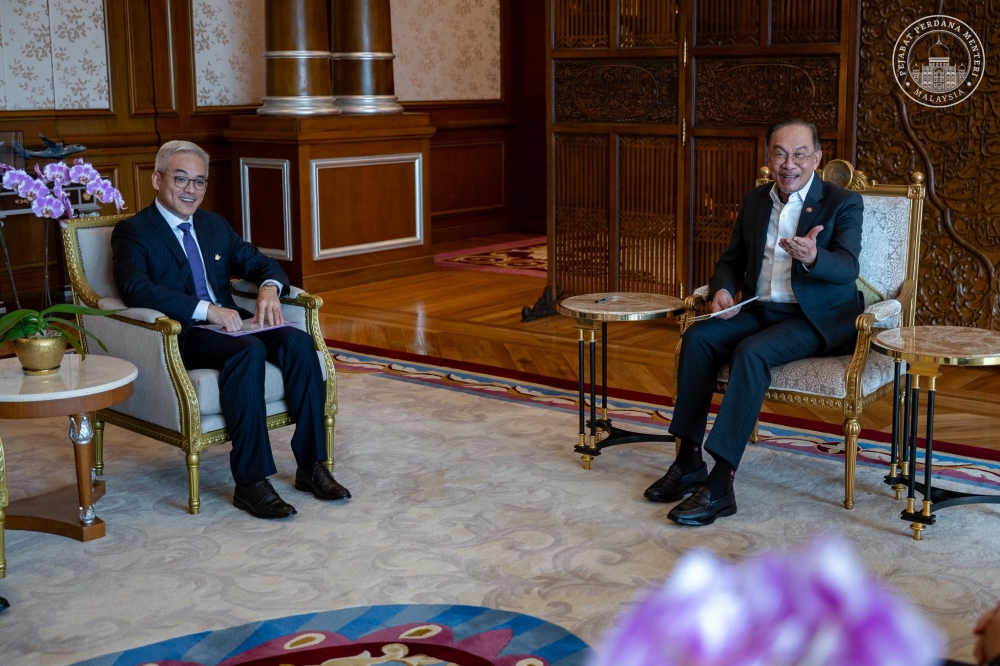KUALA LUMPUR, Jan 16 — A 37-year-old woman born to a Hindu father and a Buddhist mother has been fighting a lengthy legal battle to be declared “not a person professing the religion of Islam”.
Her case made it to the Federal Court today and her lawyer Datuk Malik Imtiaz Sarwar put forward his arguments on why the judges should grant the order to his client who was said to have been unilaterally converted to Islam at age four.
Malik asserted that his client – identified only as D to protect her privacy – was never a Muslim because a Selangor state law in force back then, disallowed the conversion of children to Islam.
Here’s what the lawyer told the Federal Court in brief:
D lived with her mother when the parents separated in 1991, and the mother on May 17, 1991 embraced Islam in order to marry a Muslim man upon her divorce, with D also allegedly converted on that day.
Malik noted that D was about four and a half years old at that time, and that she said she had never uttered the kalimah Syahadah — the declaration of belief required to convert to Islam — but the Islamic religious authorities viewed the child as having been converted.
According to Malik, D said her Hindu father had never consented to her conversion to Islam.
The lawyer noted that D's mother had in an affidavit said she did not inform the father of the conversion of their child to Islam and that he had never consented to the conversion.
D's father died in 1996.
In court, Malik also showed the actual conversion card – which the Selangor Islamic Religious Department (Jais) had issued on August 28, 1993 to D – pointing out that this conversion card itself records that D was converted in May 1991.
“At the time the conversion card was issued, August 28, 1993, she is stated to be seven years of age. But the date above that, the date of conversion to Islam is May 17, 1991.
“So by this card, there's acknowledgement that the date of conversion is May 17, 1991, although the card was issued in August 1993.
“The relevance of this is, as at May 17, 1991, the Administration of Muslim Law Enactment 1952 was still in force, in particular Section 147 — it's provided explicitly that no person who has not obtained the age of puberty shall be converted.
“So what we have here is an express prohibition against conversion of the child,” Malik argued in an online hearing.
In other words, Malik said that Section 147 of the 1952 Selangor state law meant that the Selangor religious authorities “were not permitted to convert a minor”, and said this would clearly mean that the conversion of his client to Islam as a child was a “nullity” as it was conducted contrary to the law.
The 1952 state law referred to by Malik was in force from October 1952 to August 31, 1991, which includes the date in May 1991 when D was allegedly converted to Islam.
Section 147 carried the heading “no conversion of children”, and states “no person who has not attained the age of puberty shall be converted to the Muslim religion”.
Malik said there is no evidence to show that there were any other events to show that D had converted to Islam, noting for example that his client had not uttered the kalimah Syahadah and saying that the records only show the alleged May 1991 event.
Since D's alleged conversion was in May 1991 when Selangor prohibited children from being converted to Islam, Malik argued that this means that her conversion was a nullity and that she was never a Muslim.
Malik argued that as D was never a Muslim or never a person who professed the religion of Islam, the Shariah courts would not have any jurisdiction over her and any court orders or decisions made by the Shariah courts on her would be immaterial.
Even though D had told the Shariah courts that she had never professed the religion of Islam, both the Shariah High Court in Kuala Lumpur and the Shariah Court of Appeal in 2017 and 2021 rejected her applications to be declared a non-Muslim.
In concluding that D is a Muslim, the Shariah courts had highlighted matters such as her identity documents showing her religion to be Islam and her name purportedly being a name commonly used by Muslims, but Malik said this point is a “non sequitur”.
The lawyer said that D was not questioning the Shariah courts' decision.
Instead, he argued that the Shariah courts do not apply to D in the first place as it has no jurisdiction over her since she was never a Muslim.
“Because if she was never a Muslim to begin with, she cannot now be forced to go through the Shariah courts,” he said.
He added that this means any decision by the Shariah courts would have no legal effect on D as those court orders would be a nullity.
In her previous court papers, D said she had gone to the Shariah courts as she had read news reports of the Federal Court’s 2007 decision in the case of Lina Joy who was also seeking to remove the word “Islam” from her identity card, and that she did not know then that the Shariah courts have no jurisdiction over her.
Malik said as D was not validly converted to Islam, her case before the Federal Court is not a case that deals with issues of religious faith or dogma or principles or challenges any religious doctrine, but instead deals with constitutional and statutory principles which the Shariah courts have no jurisdiction to determine and which should instead be decided by the civil courts.
Malik argued that the High Court and the minority judgment at the Court of Appeal were correct in deciding in favour of his client's application to be declared “not a person professing the religion of Islam”.
In this case, D had previously won at the High Court, but the Court of Appeal had in a 2-1 decision allowed the Selangor Islamic Religious Council (Mais) and the Selangor state government's appeals to restore her official identity as a Muslim. D's appeal against the majority decision in the Court of Appeal was the appeal being heard today.
The Federal Court's panel today was chaired by President of Court of Appeal Tan Sri Abang Iskandar Abang Hashim, while the two others on the panel are Federal Court judges Datuk Mary Lim Thiam Suan and Datuk Abu Bakar Jais.
The Selangor-born woman was also represented by lawyer Wong Ming Yen.
The Selangor government was represented today by state legal adviser Datuk Salim Soib @ Hamid and assistant legal adviser Husna Abdul Halim, while the Selangor Islamic Religious Council (Mais) was represented by lawyers Mohamed Haniff Khatri Abdulla and Majdah Muda.
Md Rasyid Ridha attended the online proceedings as a representative for Mais.
The Federal Court today only heard Malik's arguments, as Mais had just filed in additional written submissions yesterday afternoon and the Selangor woman's lawyers would be filing in written submissions in reply to Mais' additional arguments.
Towards the end of court proceedings today, Haniff requested on behalf of Mais to be allowed to file in yet another written submission on a new point that he had come across for the case.
Haniff said that the two new issues he wanted to add on are Mais's views that the Federal Court does not need to answer three of the six questions of law posed in this case and the reasons why Mais thinks so; and whether the Federal Court can decide not to answer these three questions even if the court had previously granted leave for these six questions — which were agreed to by all parties –to be heard in the appeal.
The Federal Court allowed Haniff's request, with the woman's lawyers also expected to reply to these additional arguments. A new court date will be fixed for the Federal Court's continued hearing of the case.
The Federal Court is scheduled to carry out case management on the case this Thursday.
The entire case started with D wanting the National Registration Department (NRD) to remove the label “Islam” on her identity card to reflect her identity as someone who does not profess or practise the religion of Islam.
Since the NRD rejected her request which she made in 2011 (when she was already an adult), D has spent the last 10 years going through the process in the Shariah courts and later the civil courts just to be officially recognised as a non-Muslim. At the Shariah courts stage, D was also ordered to undergo “counselling” sessions before she could proceed with her bid to be declared not a Muslim.
Read here for more about D's case.
Read here for what the Court of Appeal's majority and minority rulings in D's case said.



